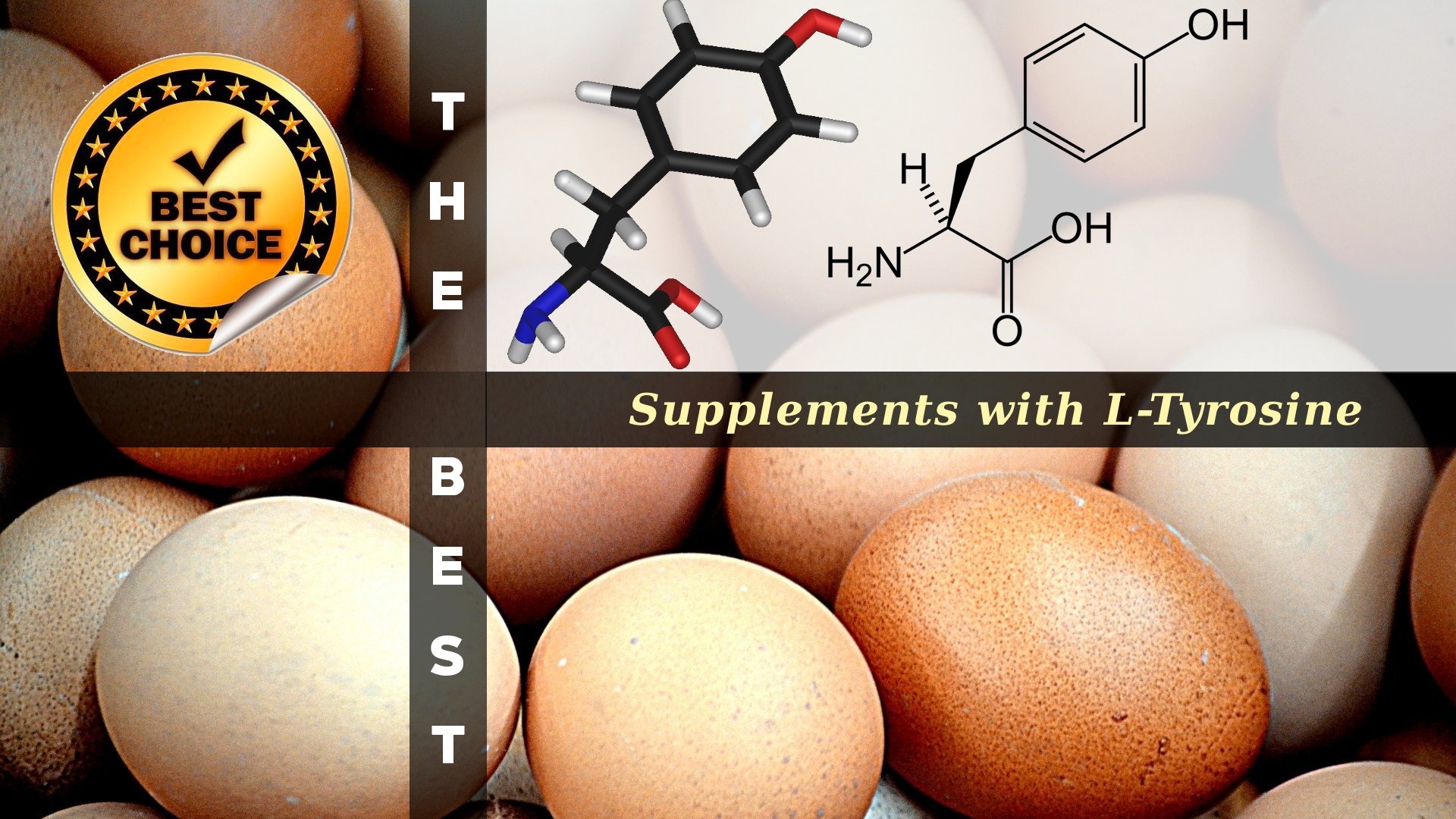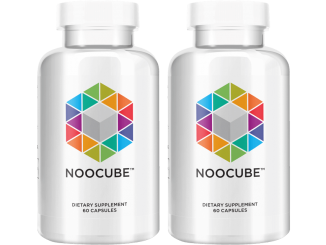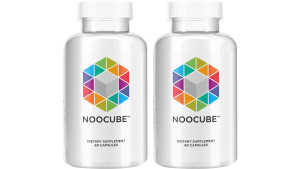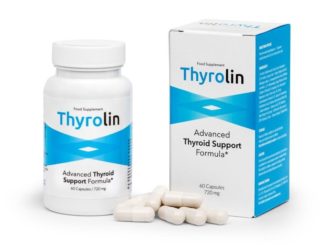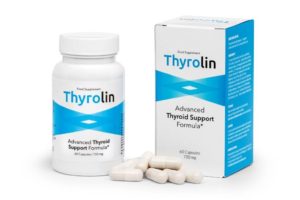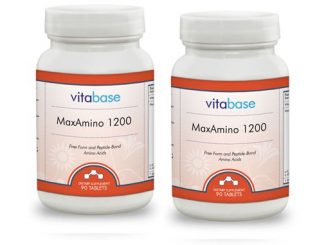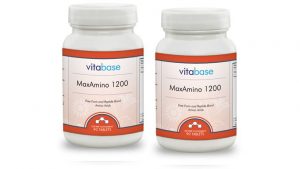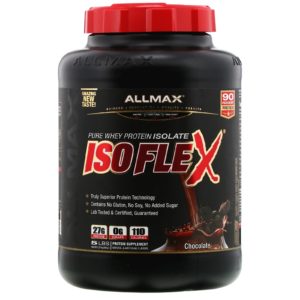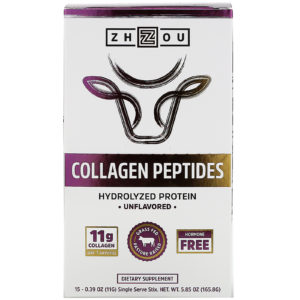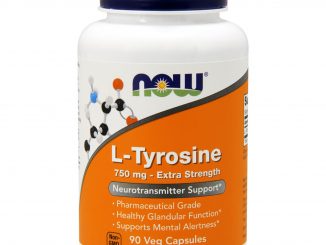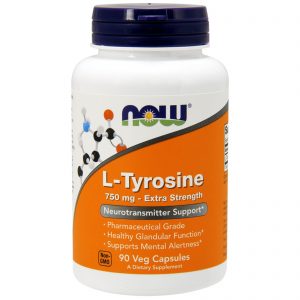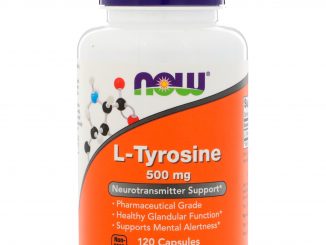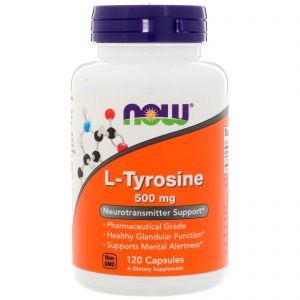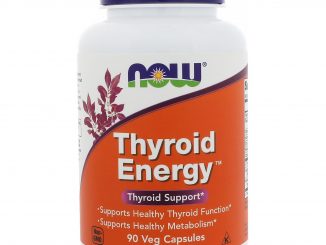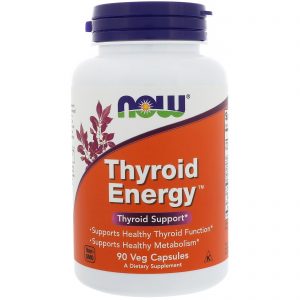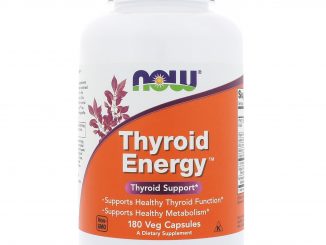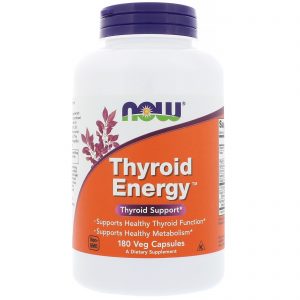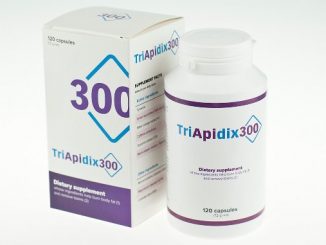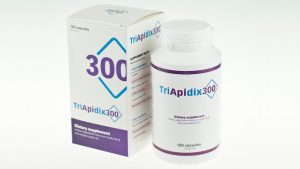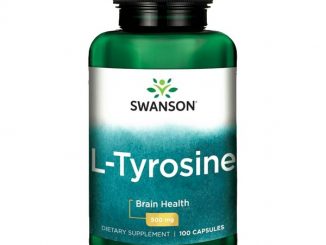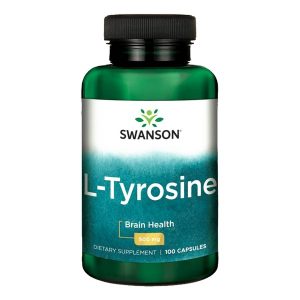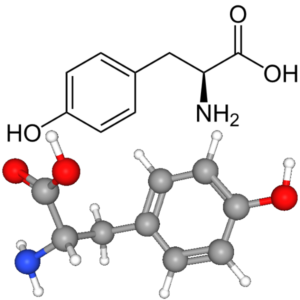The properties of L-Tyrosine
Tyrosine (C9H11NO3) is most commonly used in protein supplements to treat an inherited disorder called phenylketonuria (PKU). People who have this disorder can't process phenylalanine properly. As a result they can't make tyrosine. To meet their bodies' needs, supplemental tyrosine is given.
Tyrosine is also commonly used to improve learning, memory, and alertness, especially during stressful situations.
The body uses tyrosine to make chemical messengers that are involved in conditions involving the brain such as mental alertness.
Tyrosine – greatly reduces your appetite and blocks the absorption of fat. What is more, it improves your immune system as well as increases your energy, which is produced from fat tissue.
Tyrosine is an amino acid that boosts the production of dopamine and noradrenaline – a pleasure chemical that helps you focus and increases mental allertness, while reducing the effects of stress and fatigue on the brain. It’s also a precursor to brain chemicals norepinephrine and adrenaline, both of which help mood, sex drive and energy levels. Tyrosine may help you stay calm under pressure too, and may even help you sleep better if you feel in the dumps.
L-Tyrosine:
- May enhance cognition (Working memory reloaded: tyrosine repletes updating in the N-back task).
- May improve focus and performance (Effects of tyrosine, phentermine, caffeine D-amphetamine, and placebo on cognitive and motor performance deficits during sleep deprivation).
- Promotes a healthy response to acute stress (Treatment with tyrosine, a neurotransmitter precursor, reduces environmental stress in humans).


























































